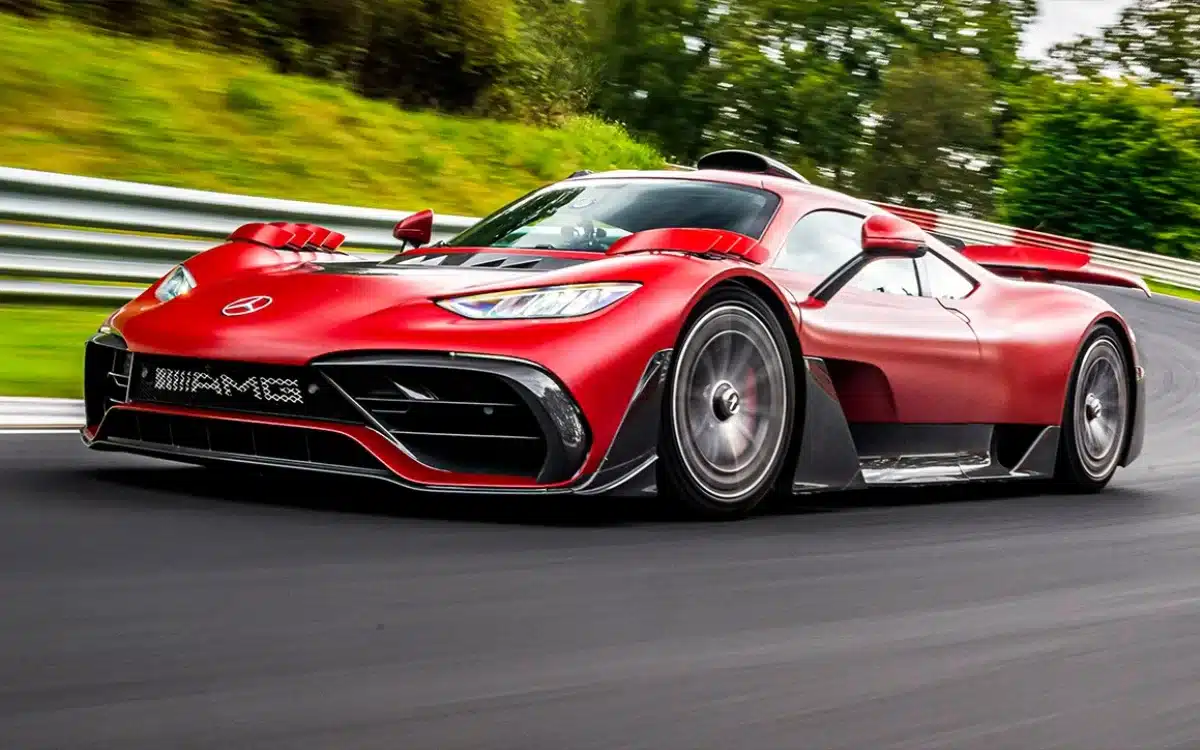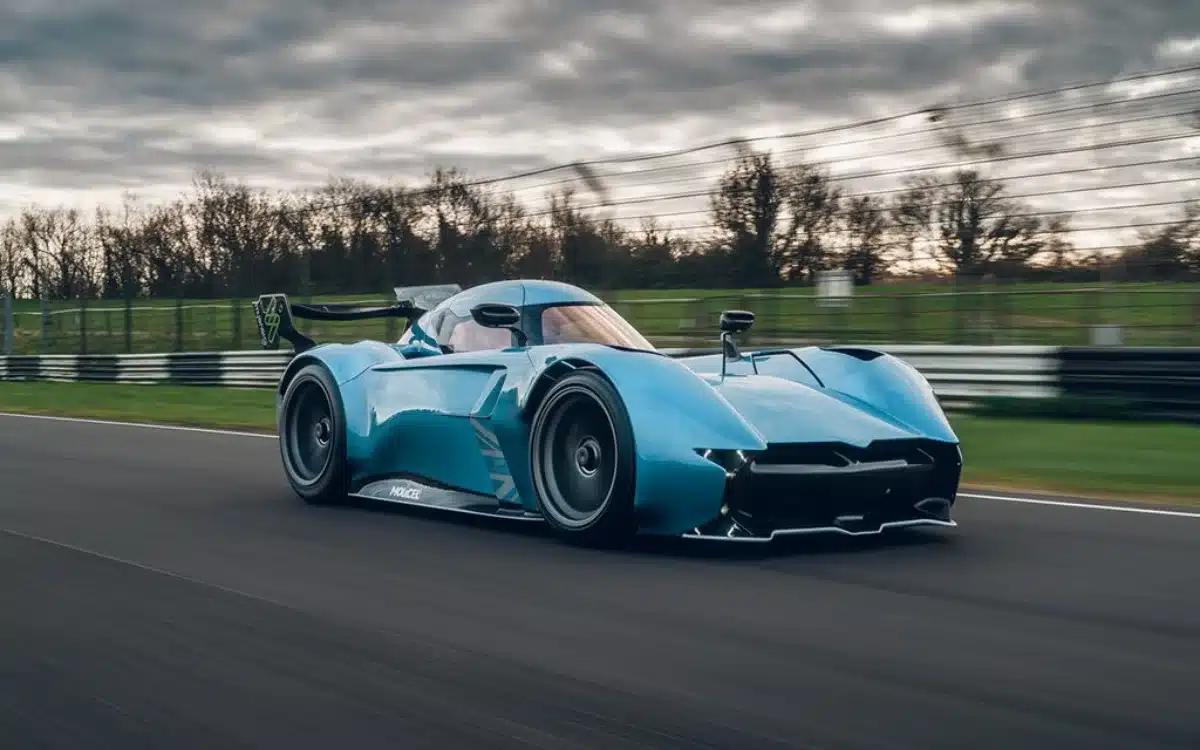The World’s Fastest Car: More Than Just a Speedometer Reading
Published on Feb 21, 2025 at 7:41 PM | By Alessandro Renesis

When it comes to speed, the title of the world’s fastest car isn’t as simple as crossing a finish line first. While the Bugatti Chiron Super Sport 300+ holds the official record with a staggering top speed of 304 mph, the question remains—could there be an even faster car waiting to take the crown? Let’s dive into the complexities of speed and why the definition of the ‘fastest’ car isn’t as clear-cut as it seems.
The Fastest Car in the World: Top Speed Rankings
Traditionally, the fastest car is determined by its maximum recorded speed on a test track. These aren’t Formula 1 cars or experimental jet-powered vehicles, but production hypercars built for the road.
Here are the current top speed record holders:
- Bugatti Chiron Super Sport 300+ – 304 mph
- SSC Tuatara – 282 mph
- Koenigsegg Agera RS – 277 mph
- Bugatti Veyron Super Sport – 268 mph
- Rimac Nevera – 258 mph
However, some automakers, like Koenigsegg with the Jesko Absolut, claim even higher potential speeds. Koenigsegg asserts that their Jesko Absolut can reach 330 mph, but this has only been demonstrated in simulations, not in real-world testing.
Why the ‘Fastest’ Title Isn’t So Simple
Measuring speed isn’t always about raw top speeds. While the Bugatti Chiron Super Sport 300+ holds the official top-speed record, it took 70 seconds of full-throttle acceleration to reach its peak. In a shorter race, such as a quarter-mile sprint, other cars may prove to be quicker.
Fastest Acceleration: 0-60 mph Times
For many, speed is about how quickly a car gets off the line. Acceleration can be just as impressive as top speed, with some EVs even outperforming traditional hypercars.
Here are the fastest-accelerating cars from 0-60 mph:
- McMurtry Spéirling – 1.5 seconds
- Aspark Owl – 1.72 seconds
- Rimac Nevera – 1.74 seconds
- Lucid Air Sapphire – 1.93 seconds
- Bugatti Tourbillon – 2.0 seconds
Some manufacturers claim even quicker times, such as the Koenigsegg Gemera at 1.9 seconds, but real-world verification is still pending.
Fastest Electric Cars: The Future of Speed
Electric vehicles (EVs) are rapidly catching up with traditional hypercars in terms of performance. The Rimac Nevera, for example, has outpaced nearly every other production car in existence except for the Bugatti Chiron and SSC Tuatara.
Here are the fastest EVs by top speed:
- Rimac Nevera – 258 mph
- Pininfarina Battista – 217 mph
- Lucid Air Sapphire – 200 mph
- Tesla Model S Plaid – 200 mph
- Lotus Evija – 200 mph
An honorable mention goes to the Aspark Owl SP600, which was recorded hitting 272 mph, but without official verification.
The Nürburgring Challenge: A Different Kind of Fast
Beyond straight-line speed, lap times at the Nürburgring Nordschleife are another benchmark for performance. With its demanding corners and high-speed sections, this legendary track provides a different measure of automotive excellence.
Here are the fastest production cars around the Nürburgring:
- Mercedes-AMG ONE – 6:29.090
- Porsche 911 GT2 RS MR (991.2) – 6:43.30
- Mercedes-AMG GT Black Series – 6:48.04
- Porsche 911 GT3 RS (992) – 6:49.32
- Lamborghini Aventador LP 770-4 SVJ – 6:49.42
While no EVs have yet topped this list, the Estrema Fulminea aims to beat the Porsche Taycan Turbo S’ time of 7:33.35 in the near future.
The Verdict: What’s Truly the World’s Fastest Car?
Officially, the Bugatti Chiron Super Sport 300+ holds the title for the highest recorded speed. However, the Koenigsegg Jesko Absolut claims to be capable of even greater speeds, the McMurtry Spéirling dominates in acceleration, and the Mercedes-AMG ONE reigns supreme at the Nürburgring.
Ultimately, the definition of the ‘fastest car’ depends on the metric you’re using—whether it’s top speed, acceleration, or track performance. And with technology advancing rapidly, it’s only a matter of time before new contenders emerge to shatter these records once again.

